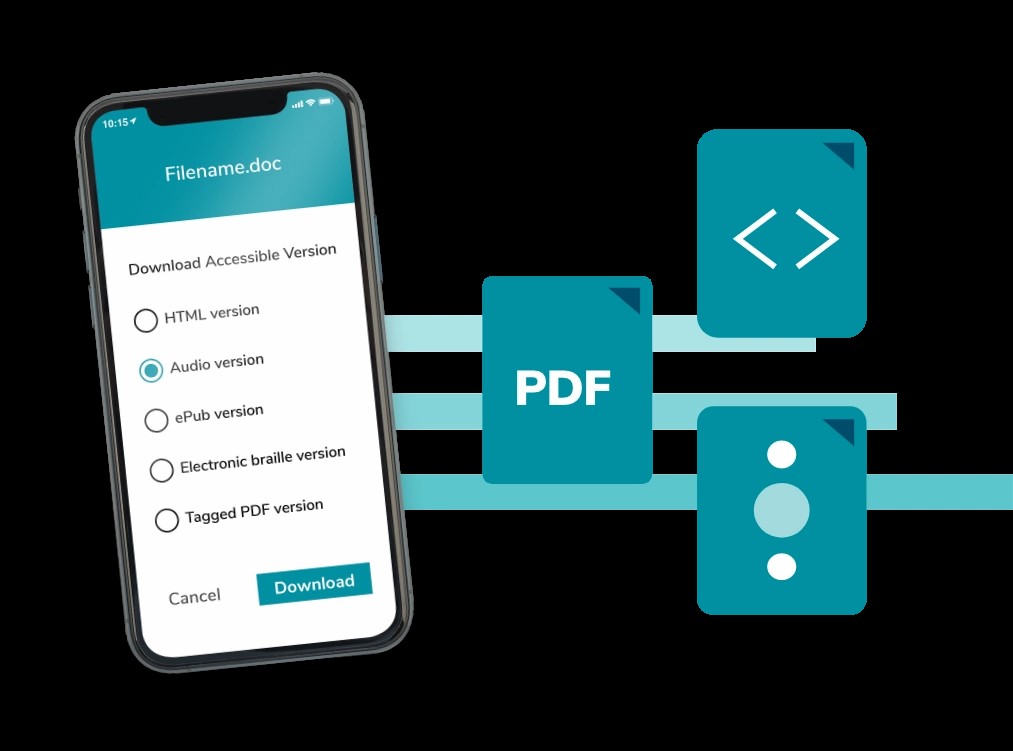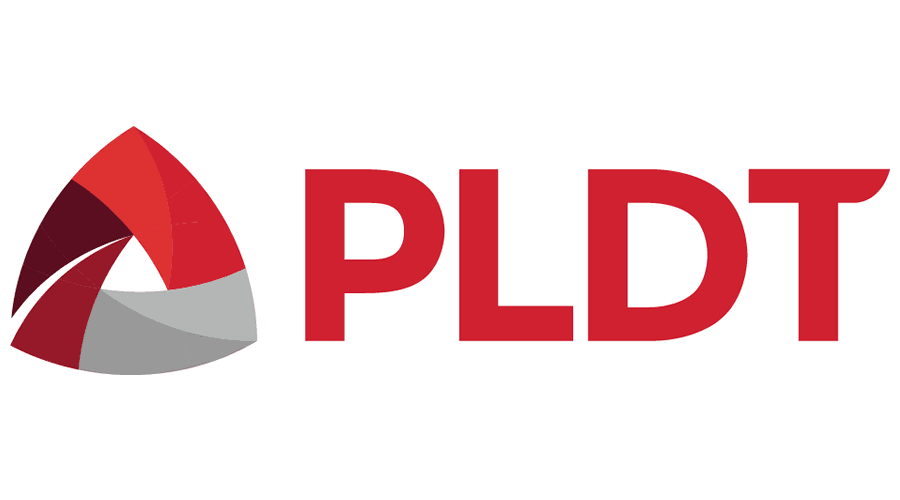Smart doubles down on blocking messages with scam-linked URLs, employs multi-pronged strategy vs ‘smishing’
Smart has previously looked into blocking clickable links in all SMS passing through its network as a way of curbing the rise of smishing.

“Upon closer study, however, we decided to forego this approach. Notably, neither the National Telecommunications Commission nor the National Privacy Commission has ordered the ban on clickable links in SMS,” said Angel T. Redoble, FVP and Chief Information Security Officer of PLDT and Smart.
“We believe that smishing is best fought with nuance, by wielding a scalpel and not an axe. We are taking a multi-pronged approach on targeted smishing,” added Leah B. Jimenez, Chief Data Privacy Officer of PLDT and Smart.
Redoble further explained that Smart continues to put in place controls to enable the company to respond to smishing more effectively. “SMS sent via our SMS broadcast service can no longer contain URL shorteners that have been shown to be used by SMS spammers. More importantly, we have not hesitated in suspending access to our network of aggregator-clients that have been involved in sending out smishing. We also continue to cooperate in the ongoing government investigations. We comply with the orders of our regulators for information on smishing activities. We have met with law enforcement officials to strategize on how to apprehend the perpetrators of these SMS scams. We still have our public awareness initiatives to educate the public on how best to protect themselves against SMS-related frauds,” he said.
Jimenez also pointed out that while Smart has been tough on the perpetrators, the company “has not lost sight of the need to protect our customers’ right to privacy and the freedom to communicate.”
SMS is one of the cheapest and most accessible modes of communication. While smishing has hogged the headlines of late, what remains true is that 99% of the SMS sent via our network is legitimate. A wholesale prohibition on the sending of links via SMS would cripple our customers’ ability to connect with their business networks and community.
“As a public service provider, it is our mandatory obligation to empower and protect our customers’ right to communicate as they see fit,” said Roy Cecil D. Ibay, VP and Head of Regulatory Affairs at PLDT and Smart.


















